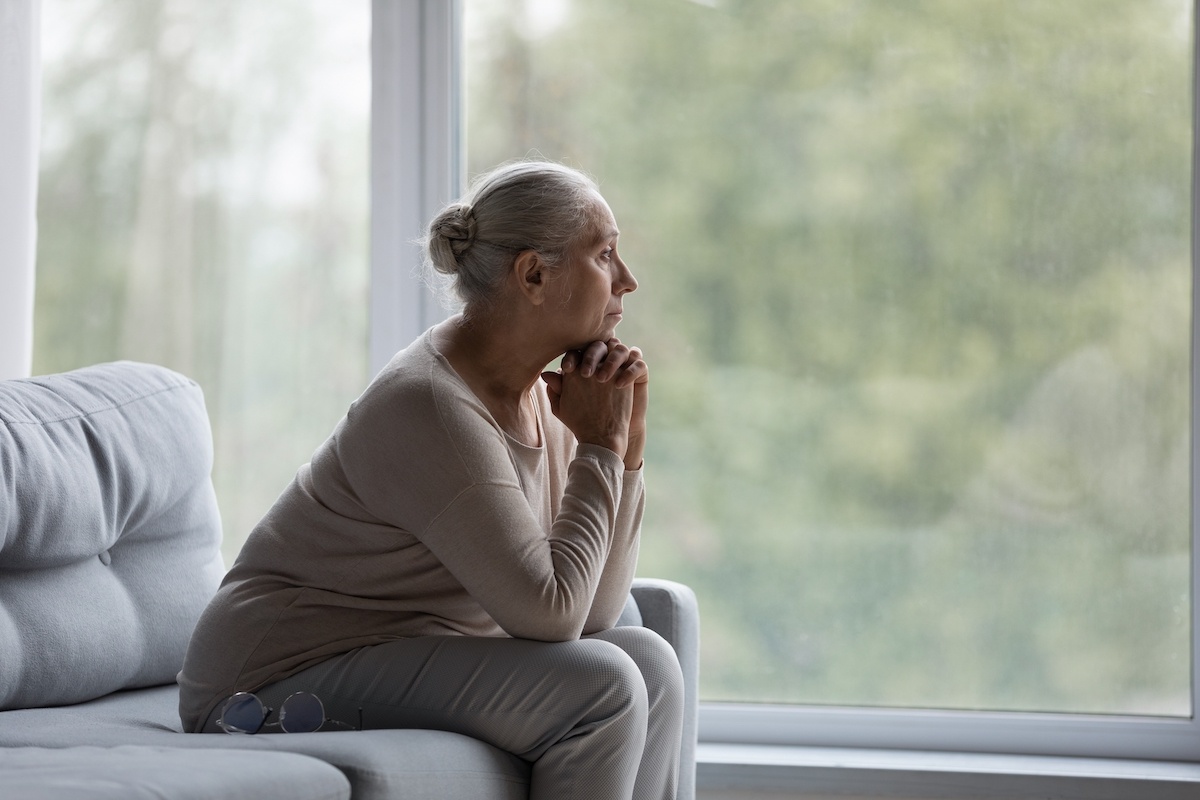
What is Anxiety and How Can You Manage it?
Published by Vivage on
May 1, 2024 8:00:00 AM
Anxiety. It's a word that's woven into our everyday conversations, yet its complexity is often underestimated. For aging individuals facing shifts in their health and daily routines, anxiety can be an unwelcome companion.
Understanding and finding solutions for anxiety isn't just a matter of mental health; it’s an essential contributing factor to promoting overall well-being. Our team at Vivage Beecan is sharing what anxiety truly is, how to identify it, and, most importantly, ways to manage it.
The Multifaceted Nature of Anxiety
At its core, anxiety is a response to stress that can manifest both physically and mentally. For some, it’s a fleeting worry; for others, it’s a persistent, overwhelming wave that disrupts their daily living. This response can be triggered by stressors, fears of the unknown, and sometimes, it seems to emerge without any apparent reason.
The Anxiety Spectrum
For older adults, anxiety may look different than it did in their younger years. The pace of life has inevitably altered, and alongside it, the triggers for anxiety. It’s not uncommon for older adults to experience a mix of health-related concerns, fears of isolation, and an adjustment to new living conditions—all of which can contribute to anxiety disorders.
Generalized Anxiety Disorder (GAD)
GAD is characterized by excessive, uncontrollable worry about everyday problems that disrupt daily life. Individuals with GAD may have worries about health, money, family situations, or their safety.
Social Anxiety
Those with social anxiety tend to fear and avoid social situations due to worries about being judged and humiliated. This can lead to isolation and loneliness which in turn, can worsen anxious feelings.
Panic Disorder
Panic disorders bring on sudden attacks of fear and panic, often accompanied by physical symptoms that resemble a heart attack or asthma, leading to further anxiety about having another attack.
The Causes and Origins of Anxiety
Anxiety, in its nuanced form, can’t be attributed to a single cause. Understanding that it’s a blend of genetic predisposition, life experiences, and sometimes even other diagnosed medical conditions can aid in demystifying its origins.
Biological Factors
An imbalance in neurotransmitters like serotonin and dopamine, as well as genetic links, could make certain individuals more prone to anxiety.
Environmental Triggers
Exposure to chronic stress, trauma, or a series of stressful life events can ignite anxiety or exacerbate existing conditions.
Psychological Aspects
Anxieties often stem from deep-seated fears, personality traits, and patterns of thinking that lean toward the negative and the catastrophic.
Managing Anxiety
Thankfully, the landscape of anxiety management is vast. It’s made up of therapeutic interventions, medications, and lifestyle adjustments, where the individual is the cartographer of their own wellness.
Therapy and Counseling
Cognitive-behavioral therapy (CBT) is known for its efficacy in treating anxiety by altering harmful thought patterns. Group therapy can offer solace, knowing that one is not alone in their challenges.
Medication Options
From SSRIs to benzodiazepines, the pharmacological remedies for anxiety offer relief at different points along the anxiety spectrum. However, it is important to approach medication with the guidance of a physician, mindful of side effects and dependency risks.
Lifestyle Changes
Regular exercise, a balanced diet, and adequate sleep are not mere lifestyle suggestions—they are the first-line defenders against anxiety.
Mindfulness and Relaxation Techniques
From meditation to deep breathing exercises, mindfulness can anchor one in the present, an essential practice for those having anxiety about the future.
What is anxiety? For many individuals, anxiety can be a formidable foe, but it is one that can be confronted with knowledge, patience, and the understanding that the path to wellness is a personal exploration with many landmarks and guides along the way. Understanding anxiety is more than just recognizing its presence; it's a commitment to demystifying, addressing, and managing it.
In our pursuit of managing anxiety, we become not only the navigators of our own health but also the architects of a life that flourishes despite the circumstances. Senior anxiety doesn't have to be a solitary battle; it can be a shared mission of discovery and healing. Remember, the road to managing anxiety is walked one step at a time, with the surety of your footsteps marking the legacy of your resilience.
Our Vivage Beecan communities can help you or someone you love manage anxiety. To learn more about our services and communities, visit our website or contact a member of our team.